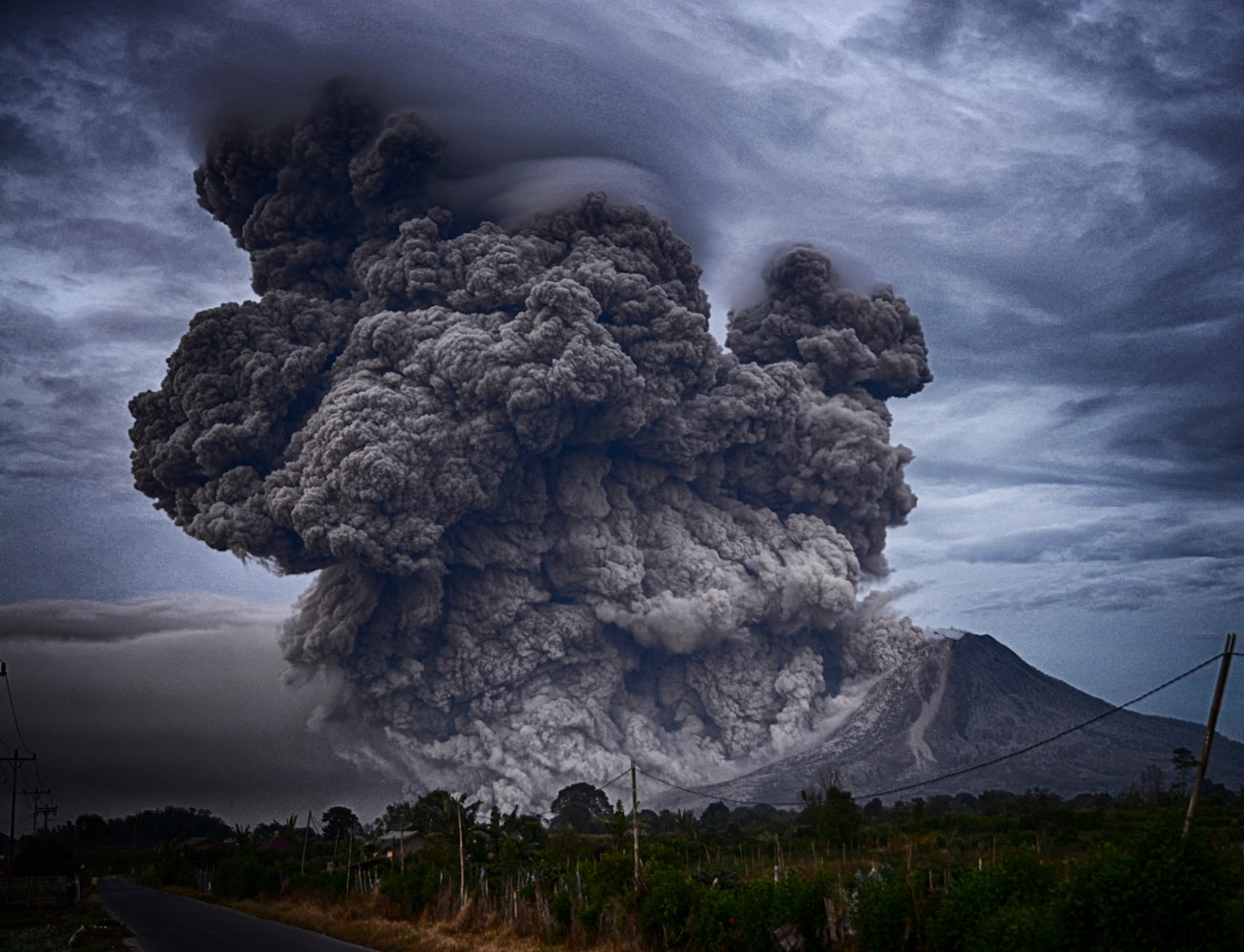What is it about?
Future large tropical volcanic eruptions will induce global hydroclimatic changes, superimposed on anthropogenic climate change. Understanding how volcanic eruptions affect global hydroclimate is therefore critically important. Tejedor et al. use a new paleoclimatic product, which combines information from high-resolution proxies and climate models, to estimate volcanic impacts on hydroclimate over the last millennium. They find that past eruptions caused severe drying in tropical Africa and across Central Asia and the Middle East and significantly wetter conditions over Oceania and the South American monsoon region, some of which persisted for a decade or longer. These proxy-based findings suggest that, relative to estimates from a state-of-the-art climate model, much larger and persistent hydroclimatic changes are possible across regions of important socioeconomic activity.
Featured Image

Photo by Yosh Ginsu on Unsplash
Why is it important?
Impacts of future volcanic eruptions will be superimposed on anthropogenic climate change, but future climate change scenarios conventionally do not include volcanic forcing, since we do not know when, where and in what form they will occur. This inevitably means that there could be surprises in store to which we currently have no adaptation strategy. Our paper highlights that these surprises, droughts and pluvials, could potentially be severe and more persistent than previously thought. Solar radiation management is commonly viewed as one geoengineering strategy to combat anthropogenic climate change, using volcanic eruptions as natural analogues. Our paper show that such strategies might come with risk of unintended changes in precipitation (drought) that could last for a decade or longer.
Read the Original
This page is a summary of: Global hydroclimatic response to tropical volcanic eruptions over the last millennium, Proceedings of the National Academy of Sciences, March 2021, Proceedings of the National Academy of Sciences,
DOI: 10.1073/pnas.2019145118.
You can read the full text:
Contributors
The following have contributed to this page










